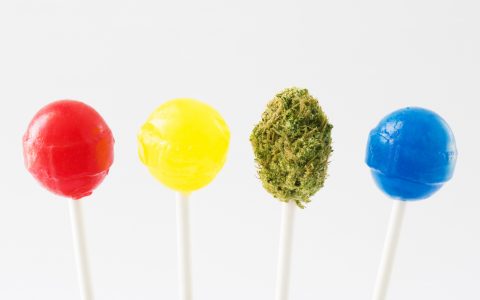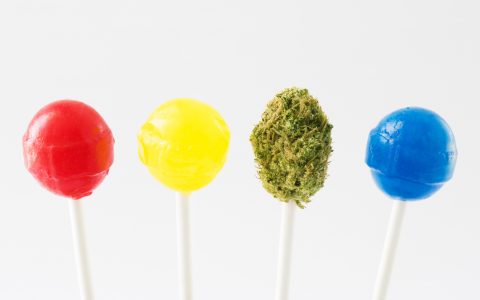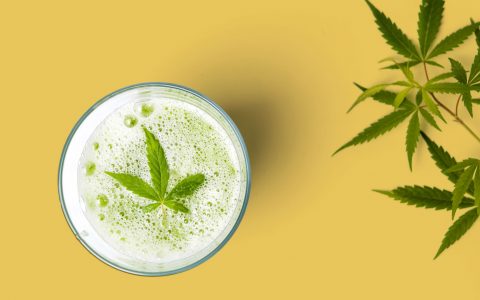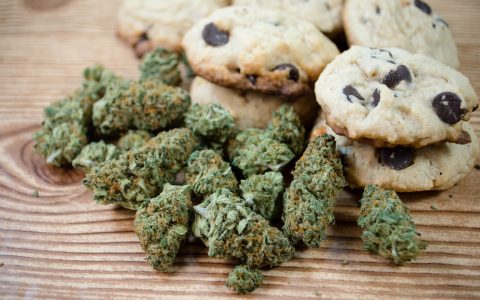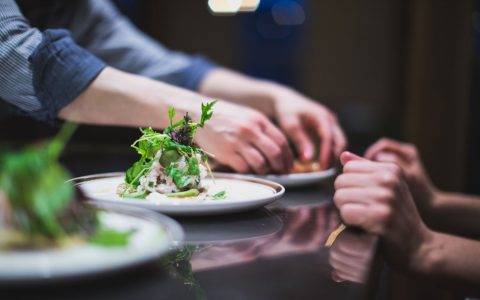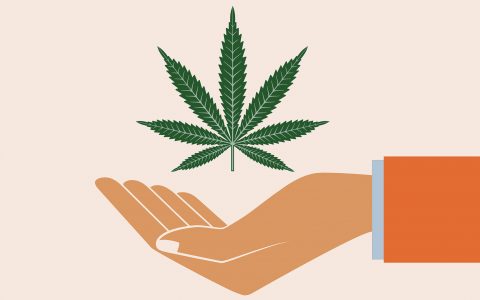Next month, stakeholders in the cannabis and alcohol industries will gather at a conference centre in San Francisco to discuss the arrival of cannabis-infused beverages and its implications.
In an article looking ahead to this first-ever Cannabis Drinks Expo, Forbes proclaimed that “the next frontier in cannabis is beverages.”
No doubt about it, the future of cannabis-infused beverages is a hot topic. Many industry insiders believe there’s boundless opportunity in this sector, and are counting down the days until edibles are legal across Canada, but others aren’t convinced.
Anticipating ‘huge growth’
In the past year, several big American beverage companies have teamed up with Canadian cannabis producers.
Constellation Brands, which produces Corona beer, paid more than $4-billion (US) for a 38% stake in Ontario-based Canopy Growth with the intention of creating a line of cannabis-infused drinks and other products.
Anheuser-Busch, which produces Budweiser, formed a joint venture with BC-based Tilray to research cannabis-infused drinks. Each company put $50 (US) million into that partnership.
Also, Molson Coors entered into a joint venture with Quebec-based Hexo to establish Truss, a line of cannabis-based drinks.
Interest in the infused sector hasn’t been limited to brewers. Producers of other beverages, including wine and soft drinks, have been moving into the sector or considering it.
The excitement is warranted in the eyes of Jennifer Lee, cannabis practice leader at Deloitte.
“The edibles market alone is estimated to be worth at least $1.6 billion a year in Canada, with cannabis-infused beverages adding a further $529 million,” Lee said in a recent press release. She added that “the introduction of cannabis-infused edibles will clearly threaten the alcohol industry as consumers are using the product for similar usage occasions.”
These words are echoed by Lisa Campbell, founder of Lifford Cannabis Solutions, a Toronto-based business that helps licensed cannabis companies get their products to market. “We see the growth trajectory of cannabis beverages as being similar to that of vape pens with the potential to disrupt other categories and achieve huge growth over the next few years,” she told Leafly.
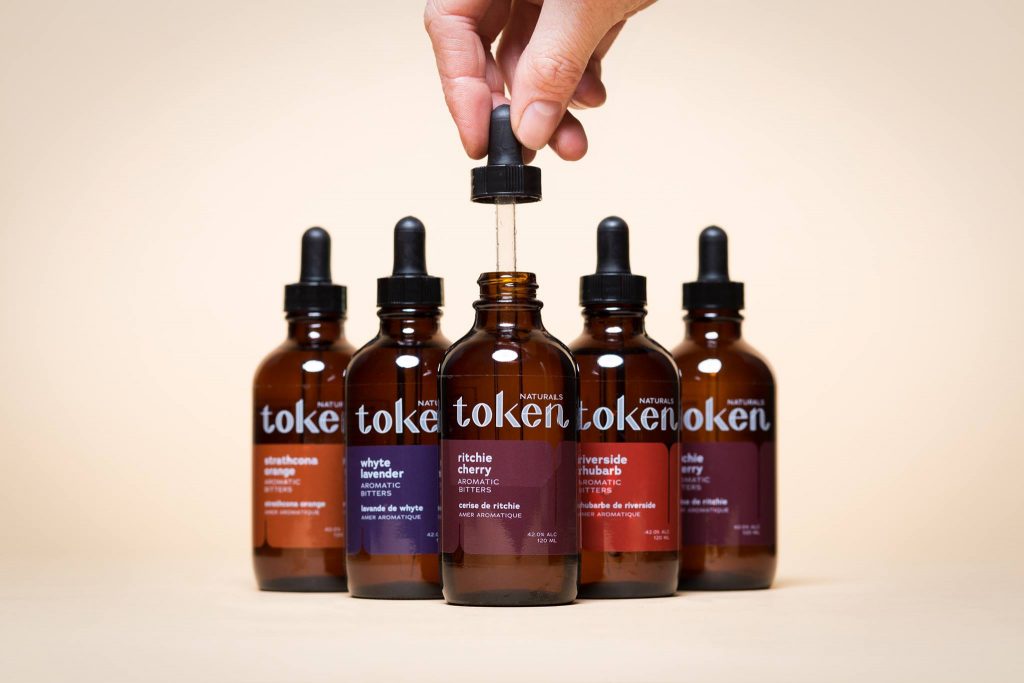 Lifford Wine and Spirits/Facebook
Lifford Wine and Spirits/Facebook
However, not everyone connected to the cannabis industry is as enthusiastic.
Capped growth potential
“I don’t think the infused beverages sector will be as big as most expect,” PI Financial analyst Jason Zandberg told Leafly. In American states where the sale of such beverages is legal, he noted, they constitute a very small percentage of the market. (Beverage sales represent only six percent of edible cannabis sales in the US.)
Zandberg feels it’s a mistake to liken cannabis consumption to alcohol consumption because there are key differences when it comes to consumer behaviour. He cites dosing as one example.
“It’s more of a challenge with cannabis than alcohol because of the delayed onset,” he said. “In addition, people who use cannabis tend to stop as soon as they feel the effects. That doesn’t happen as often with alcohol. There is an assumption that what works in one sector will work in another, and that is not always the case.”
If so, why are the big alcohol producers investing so much money in Canadian cannabis? “They’re worried about the cannabis industry cannibalizing their business so they want part of the companies in that space,” Zandberg explained. “They’re diversifying.”
Mike Gorenstein, chief executive officer of Toronto-based Cronos, is not anticipating explosive growth in Canada’s infused beverages market either. He sees several obstacles in the way, including current regulations surrounding cannabis use.
“You can’t just swap out alcohol for cannabis-infused beverages because you can’t order those beverages in bars and restaurants,” he told Leafly. “That caps the potential for growth.”
Gorenstein notes there are logistical challenges, too. For example, will cannabis retailers be willing and able to set up refrigerators to store the infused beverages? If so, how quickly?
“The market for cannabis-infused beverages has potential, but I think it will remain a small category in the near future, until we see changes in regulations and consumer behaviour,” he said. “I predict a slow rollout.”
Campbell also sees obstacles to growth. She points to marketing restrictions and manufacturing conditions. But she and nine other industry stakeholders are taking steps to address that problem. They formed the Cannabis Beverage Producers Alliance and are lobbying the government for change.
Campbell is convinced the future is bright for infused beverages. “This year has been proclaimed the year of the vape,” she said, “so I’m hoping we can make 2020 the year of cannabis beverages.”

